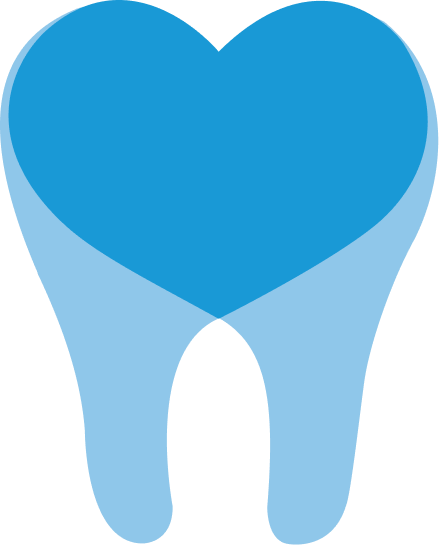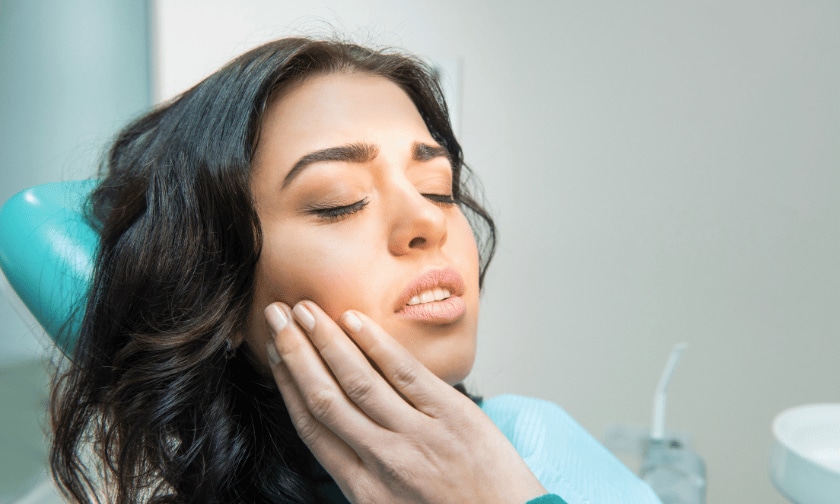Call: (630) 812-7929
What Is The Best Treatment For Periodontal Disease?


Periodontal disease, also known as gum disease, is an infection of the supporting structures of a tooth. It can occur when bacteria form plaque on the teeth and gums. Plaque buildup can cause inflammation and damage to the tissue around your teeth, leading to receding gums, loose teeth, and bad breath. If left untreated, periodontal disease can lead to serious complications like loss of bone and tooth structure, which requires more invasive treatments. Fortunately, there are several treatment options available that can help improve your oral health and reduce the symptoms associated with periodontal disease.
Periodontal disease is a common oral health problem caused by bacteria that form plaque on the teeth and gums. This can lead to inflammation and damage to the tissue around your teeth, resulting in receding gums, loose teeth, and bad breath. If left untreated, periodontal disease can cause serious dental complications that require more invasive treatments. Fortunately, there are several treatment options available to help improve your oral health and reduce symptoms associated with periodontal disease.
Non-Surgical Treatments:
Non-surgical treatments are usually used as a first line of defense against periodontal disease. These treatments include regular dental cleanings, also known as scaling and root planing. During a cleaning, a dentist or hygienist uses special tools to remove plaque and bacteria from the teeth and gums. This helps reduce inflammation in the gums and can help prevent further damage to the tissue. In addition, use of mouthwashes and antibiotics may be prescribed if there is an infection present.
Scaling & Root Planing
This is a deep cleaning procedure where a dentist uses special tools to remove plaque and bacteria from the teeth and gums, helping to reduce inflammation and prevent further damage to the tissue.
Antibiotics
If there is an infection present, antibiotics may be prescribed to help reduce the bacteria that are causing the problem. The most common oral antibiotics used are amoxicillin and metronidazole.
Mouthwash
Certain mouthwashes may be beneficial in reducing inflammation and preventing plaque buildup if used regularly as directed by your dentist or hygienist.
Surgical Options
If non-surgical treatments do not provide enough relief from symptoms, then surgical options may be recommended. These procedures include flap surgery, bone grafting, and guided tissue regeneration. During flap surgery, a dentist will make an incision in the gums to gain access to the underlying bone and tissue for a more thorough cleaning. Bone grafting is used to replace the missing or damaged bone structure, and guided tissue regeneration helps promote the growth of healthy tissue in areas where it has been lost due to periodontal disease.
Flap Surgery
This is a surgical procedure in which the dentist makes an incision in the gums to gain access to the underlying bone and tissue for a more thorough cleaning. This can help reduce inflammation and encourage healing of the affected area.
Bone Grafts
During this procedure, missing or damaged bone structure is replaced with graft material, usually taken from another part of the body. The graft helps to provide a better foundation for new tissue growth and can help prevent further damage from periodontal disease.
Guided Tissue Regeneration
This procedure involves the use of a barrier membrane which helps promote the growth of healthy tissue in areas where it has been lost due to periodontal disease. This can help reduce inflammation and improve oral health overall.
DIY Home Remedies
There are several DIY home remedies that may be beneficial in improving your oral health if used regularly as directed by your dentist or hygienist. These include brushing and flossing regularly, using an antibacterial mouthwash, avoiding sugary foods and drinks, and using a tongue scraper.
Brushing & Flossing
Regular brushing and flossing can help reduce the amount of plaque buildup on your teeth, as well as reduce inflammation in the gums. It is important to brush at least twice a day with a soft-bristled toothbrush and use dental floss or an interdental cleaner (such as a Waterpik) once a day to remove plaque from between your teeth.
Antibacterial Mouthwash
Using an antibacterial mouthwash can help reduce bacteria that cause periodontal disease. It is important to use the mouthwash as directed by your dentist or hygienist for the best results.
Avoid Sugary Foods & Drinks
Eating and drinking sugary foods and drinks can increase the amount of plaque buildup on your teeth, which can lead to further periodontal damage. It is important to limit your intake of these types of items.
Tongue Scraper
Using a tongue scraper can help remove bacteria from the surface of the tongue, reducing bad breath and improving overall oral health.
Conclusion
Periodontal disease can be effectively treated with a combination of professional treatments such as antibiotics and surgeries, as well as at-home DIY remedies such as brushing and flossing regularly, using an antibacterial mouthwash, avoiding sugary foods and drinks, and using a tongue scraper. It is important to follow all instructions given by your dentist or hygienist for the best results.
A1: It is recommended that you brush twice a day with a soft-bristled toothbrush and use dental floss or an interdental cleaner once a day to remove plaque from between your teeth.
A2: Professional treatments for periodontal disease include antibiotics, flap surgery, bone grafts, and guided tissue regeneration.
A3: Yes, there are several DIY home remedies that may be beneficial in improving your oral health if used regularly as directed by your dentist or hygienist. These include brushing and flossing regularly, using an antibacterial mouthwash, avoiding sugary foods and drinks, and using a tongue scraper.




